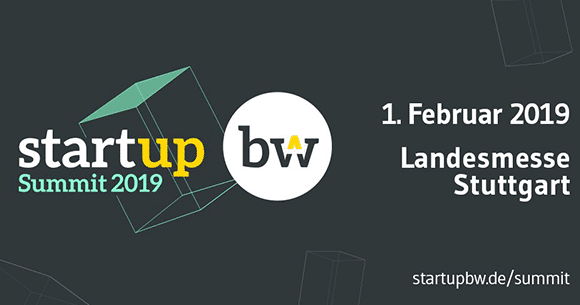Partner interview: Dr. Peter Leibinger of Trumpf on Industry 4.0

Peter Leibinger, Trumpf
Five questions on Industry 4.0 for Dr. Peter Leibinger, Vice-Chairman of the Managing Board of the TRUMPF Group, responsible for research and development as well as new business fields.
What is Industry 4.0 going to change?
Leibinger: Right now, no-one can tell exactly where this development is going to lead. It’s like the early days of the Internet. There was partial theoretical knowledge of the possibilities in some cases, but even so, no-one could visualize the flood of information and communication potential that it would create. Or take Steve Jobs’ first true smartphone: Of course it looked intriguing, but hardly anyone back then could have imagined the sheer extent to which it would change the way our kids communicate today. Industry 4.0 will change a lot, too. For instance, we mechanical engineers are just in the process of learning how to think not only in terms of the material world but also in terms of “business models.” We can learn more about those from software developers – and by the way, TRUMPF is hiring more and more software developers all the time.
What is Industry 4.0 changing as far as your employees are concerned?
Leibinger: If the employees can operate several machines simultaneously without a problem, and make various processes transparent in a very simple manner, they can work in a more holistic way. They’re no longer just the button-pushers at one single station, they’re process managers who steer and accompany the entire production process independently. Of course, that also means assuming more responsibility. The same was true during the changeover from piecework to single piece flow – Industry 4.0 is actually a continuation of that work organization. But within the whole framework of Industry 4.0, it’s people who ultimately make the decisions – and since those decisions involve a larger system than in the past, people have to learn how to successfully assume that responsibility. This requires training that is even more broad-based than it has been so far.
What benefits does Industry 4.0 bring for your customers?
Leibinger: In the future our customers will be able to react far more quickly to requests and requirements than they have until now. They’ll be able to provide their own customers at any time with information on the status of goods ordered – automatically, with no additional effort. Once customers have grown accustomed to this reaction speed and transparency, they’ll no longer tolerate lower speeds or less than adequate information. Improved analysis of the data reported by the production process via sensors, RFID tags and other means of transmission will lead to completely new conclusions, surprisingly new forecasting options, and new and better business models. And that’s not all. Thanks to smart data, the machines can be more effectively coordinated with each other all the time, enabling smaller batch sizes and even one-offs to be produced economically. The trend toward the customized product is developing into a competitive advantage for Germany as a location – because batch size one from China isn’t worth it.
What is the biggest challenge to Industry 4.0?
Leibinger: I see two challenges: agility, and data security. The IT industry is much faster with innovations, and constantly on the lookout for new business models. We have to learn how to develop at two speeds, and to constantly question our established business models – because we’re not going to be able to get around positioning ourselves more broadly. One example: if we use more sensors and analyze more data, we can increase machine capacity and availability. That could lead to even fewer TRUMPF machines being needed to produce the same result. That’s why our business model needs to expand – certain data can flow together at our company, for instance, and we can sell optimal order control along with it. If we don’t do that, others will at some point. So it’s crucial to control the data – for us and for our customers. And that’s why we need reliable standards and solutions that create trust.
Why is the laser so suitable for Industry 4.0?
Leibinger: The laser is the most flexible tool you can ever imagine. This tool can weld together the thick steel walls of cruise ships, it can cut out all kinds of unusual sheet metal parts, or drill through multilayered printed circuit boards – and that’s just a small selection of its diverse possibilities. Within a networked, smart production environment, far broader use can be made of this flexibility. At the same time, the value added increases – because thanks to intelligent status monitoring, the laser can work with absolute precision, 24/7. It’s also the best tool for applying codes and other information for traceability. Laser labels are easy to produce and are extremely durable. You can see more of that at the TRUMPF booth in the CODE_n Hall, by the way. Here, machines come to life and they’re sociable – and the laser ensures that every participant can take individualized souvenirs back home with them.






Write a comment